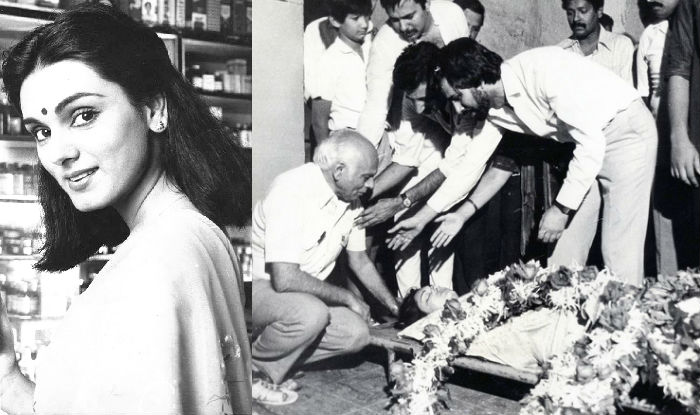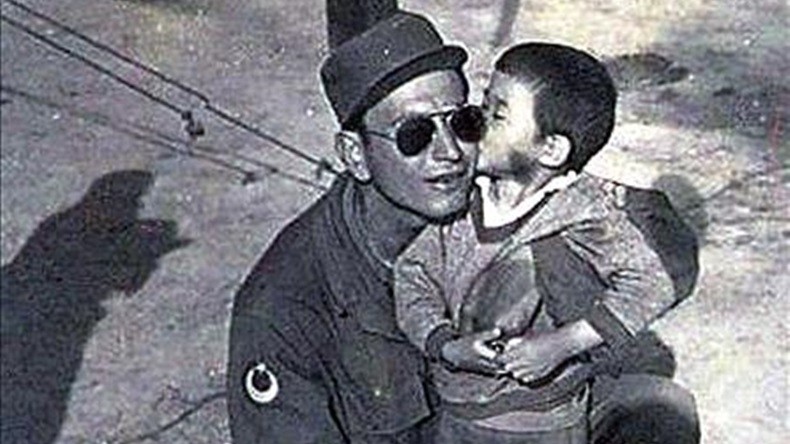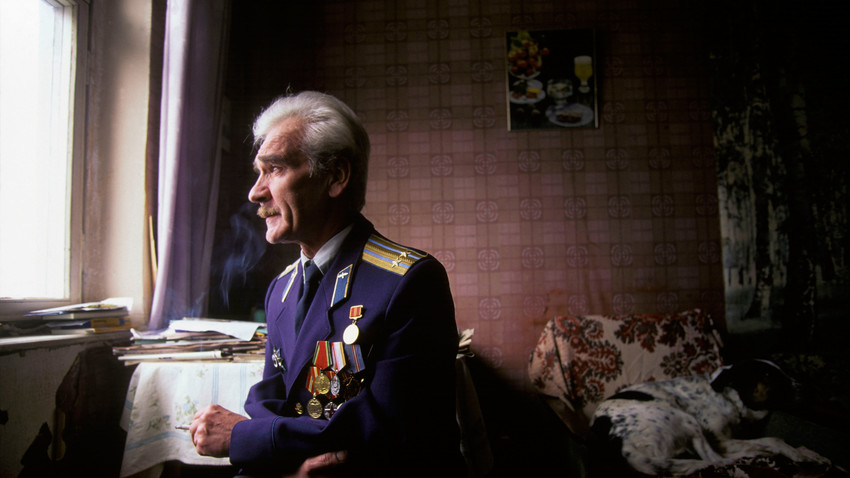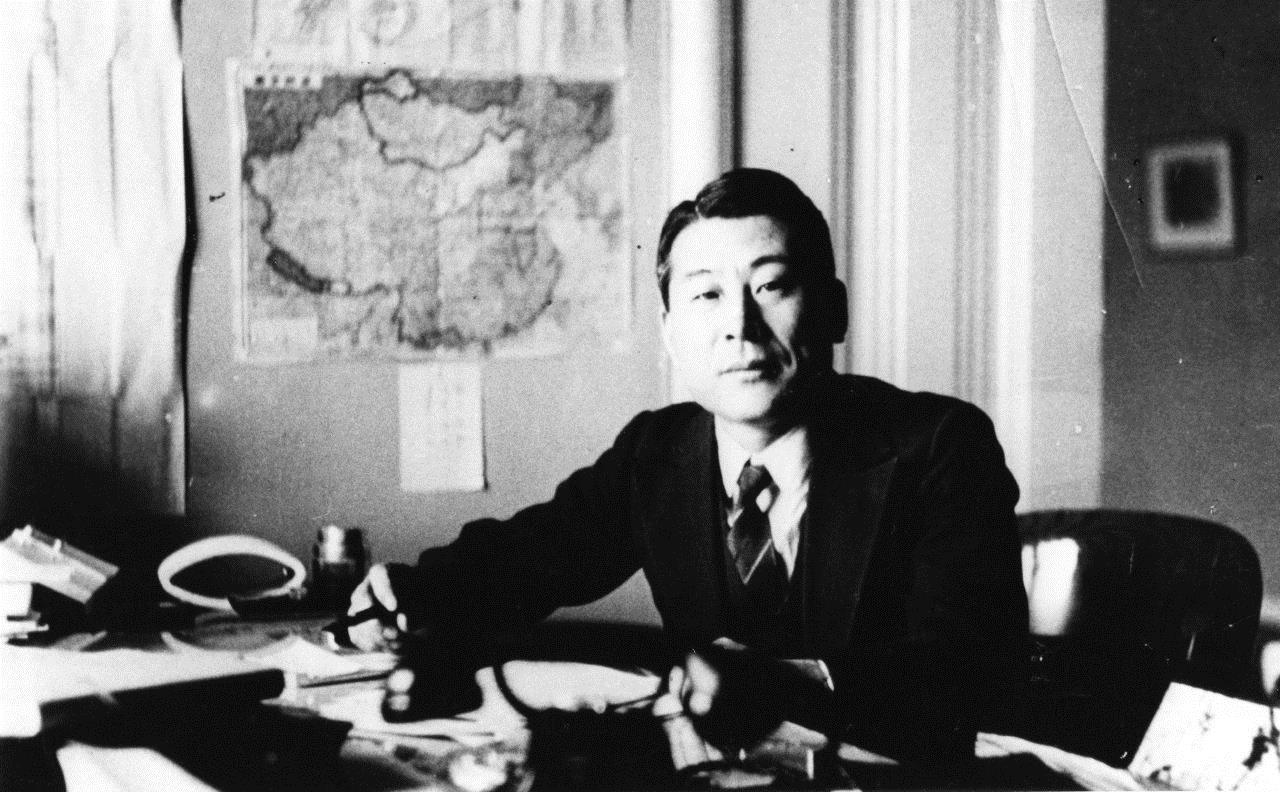
Early Life and Diplomatic Beginnings
Chiune Sugihara, born on January 1, 1900, in Yaotsu, Gifu, Japan, would go on to become one of the unsung heroes of World War II. Trained as a diplomat, Sugihara's early career took him to various postings, including Manchuria and the Soviet Union. His experiences laid the groundwork for a man who would later defy orders and risk his career to save thousands of lives.
The Lithuanian Connection
In 1939, Sugihara was appointed as a vice-consul for the Japanese Empire in Kaunas, Lithuania. Little did he know that this diplomatic posting would become the stage for his courageous acts of compassion. As the winds of war swept across Europe, refugees, particularly Jewish ones, sought visas to escape the horrors of the Nazi regime.
Issuing Visas Against Orders
As the Japanese government tightened its restrictions on visas, Sugihara faced a moral dilemma. Despite explicit orders from Tokyo not to issue visas to Jewish refugees, Sugihara chose humanity over bureaucracy. In the summer of 1940, he began a relentless effort to issue visas, ultimately signing thousands of them by hand. His actions went against official policy, risking not only his career but also the safety of his family.
A Heroic Legacy: The 'Visas for Life'
Sugihara's efforts, often with the assistance of his wife Yukiko, resulted in the issuance of transit visas for thousands of Jewish refugees. These visas became known as the 'Visas for Life.' The recipients were able to escape war-torn Europe and find refuge in Japan and other destinations. Sugihara's selfless actions saved an estimated 6,000 lives, making him a hero among the Jewish community.
Post-War Recognition and Legacy
After the war, Sugihara faced professional and personal hardships. He was dismissed from the diplomatic service, and his actions remained largely unrecognized by the Japanese government for years. However, the survivors he had saved never forgot his courage. In 1985, Sugihara was honored by Israel as one of the Righteous Among the Nations, a title given to non-Jews who risked their lives to save Jews during the Holocaust.
A Symbol of Compassion
Chiune Sugihara's legacy lives on as a symbol of compassion and moral courage. In defying orders to uphold a higher humanitarian principle, he demonstrated the impact one individual can have on the course of history. Sugihara's story serves as a reminder that, even in the darkest times, acts of kindness and bravery can make a difference.
Conclusion
Chiune Sugihara's life is a testament to the strength of the human spirit. His unwavering commitment to saving lives, even in the face of personal and professional risk, paints a vivid picture of a man who chose humanity over obedience. Sugihara's legacy challenges us to consider the power of compassion and moral integrity in the most challenging circumstances, leaving an indelible mark on the pages of history.



